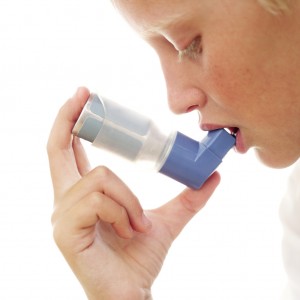 My daughter had eczema for much of her first year. Her face and other areas looked red and angry, and I knew that she was uncomfortable.
My daughter had eczema for much of her first year. Her face and other areas looked red and angry, and I knew that she was uncomfortable.
At around 15 months (I regret that we didn’t do it sooner) we had her tested for allergies, and she tested positive for allergies to a number of foods and trees. (Eggs was one of them, and of course we learned this right after getting our own backyard chickens!)
Our allergist told us that in the long term we should be on the lookout for other problems, such as rhinitis and asthma.
Though he didn’t call it by this name, what the allergist was referring to was the “Allergic March” (sometimes called the “Atopic March”): a progression from one type of allergic disease to another, starting in early childhood. A common pattern is eczema-rhinitis-asthma.
That’s why a new study from New Zealand caught my eye. It was a large study of 1105 infants enrolled in a prospective birth cohort. The authors found:
After adjustment for confounders, each month of exclusive breastfeeding was associated with significant reductions in current asthma from 2 to 6 years of age. The largest effect was seen in children with atopy, in whom exclusive breastfeeding for at least 3 months reduced current asthma at ages 4, 5, and 6 years by 62%, 55%, and 59%, respectively. [emphasis mine]
This makes me wonder if breastfeeding can halt the Allergic March in some way.
The effect of breastfeeding on risk of eczema and asthma has been well studied. According to the Surgeon General, whose Call to Action to Support Breastfeeding included data from the 2007 Agency for Health Care Research and Quality meta-analysis (the biggest and most thorough analysis conducted to date), not breastfeeding results in the following increased risk:
- Eczema: 47%
- Asthma, with no family history: 35%
- Asthma, with family history: 67%
But this study is the first I’ve seen which suggests that breastfeeding might play a role in reducing the risk of children who have already started down the allergic path.
So, while it wouldn’t surprise me if my daughter gets caught up in the Allergic March, I’m glad that I did one thing which may lessen her risk.
Do your children have eczema, asthma, or rhinitis? Do you think that breastfeeding can affect the Allergic March?



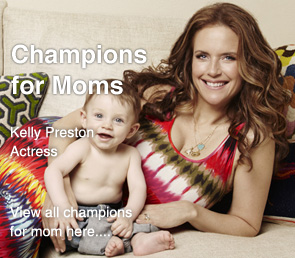
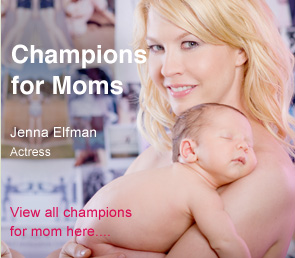
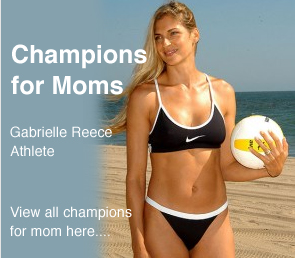
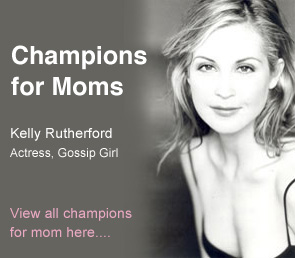
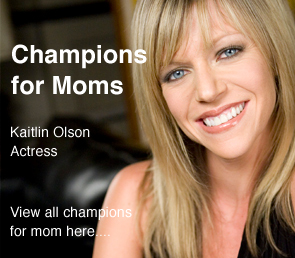
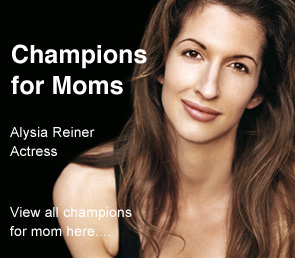
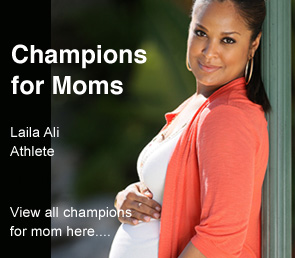
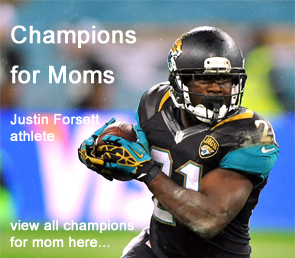
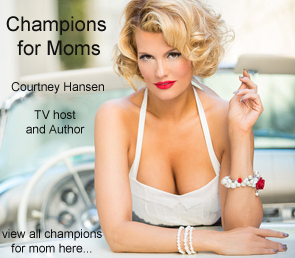
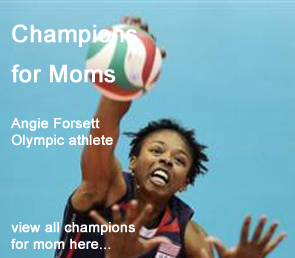
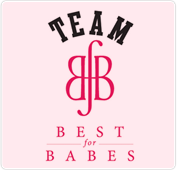

My son nursed for 22 months, and while he has never had eczema, he has been diagnosed with asthma. But then, there is a family history - my brother has asthma, and my ex (my son’s father) had childhood asthma. So I shudder to think what it could’ve been like had my son been formula-fed, considering the risk factors….
Another way to halt the transition from excema…don’t use steroidal creams to treat the excema as they surpress the detoxification action of the excema and lead to deeper issues, usually asthma and chronic bronchitis (its. Right on the package insterts stating that topical steroidal creams CAUSE asthma).
And if you want a better chance at not facing excema at all, don’t vaccinate, as that is the number one cause.